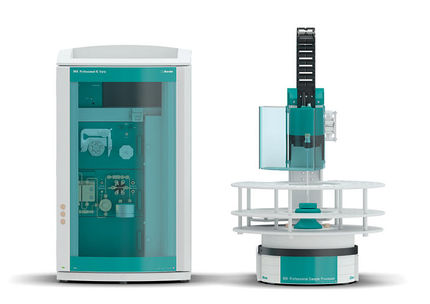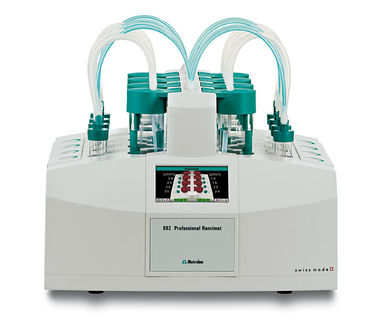To use all functions of this page, please activate cookies in your browser.
my.chemeurope.com
With an accout for my.chemeurope.com you can always see everything at a glance – and you can configure your own website and individual newsletter.
- My watch list
- My saved searches
- My saved topics
- My newsletter
Paradoxical reactionA paradoxical reaction is when medical treatment, usually a drug, has an opposite effect to an effect normally expected. Product highlightAn example of a paradoxical reaction is when a pain relief medication causes an increase in pain. Some sedatives prescribed for adults, actually cause hyperactivity in children. Benzodiazepines, a class of psychoactive drugs called the "minor" tranquilizers, have varying hypnotic, sedative, anxiolytic, anticonvulsant, and muscle relaxing properties, but they may create the exact opposite effects. Susceptible individuals may respond to benzodiazepine treatment with an increase in anxiety, agitation, aggressiveness and even convulsions. Paradoxical effects of benzodiazepines appear to be dose related, that is, likelier to occur with higher doses.[1] Chlorpromazine, an antipsychotic and antiemetic drug, which is classed as a "major" tranquilizer may cause paradoxical effects such as agitation, excitement, insomnia, bizarre dreams, aggravation of psychotic symptoms and toxic confusional states.[2] References
|
| This article is licensed under the GNU Free Documentation License. It uses material from the Wikipedia article "Paradoxical_reaction". A list of authors is available in Wikipedia. |







